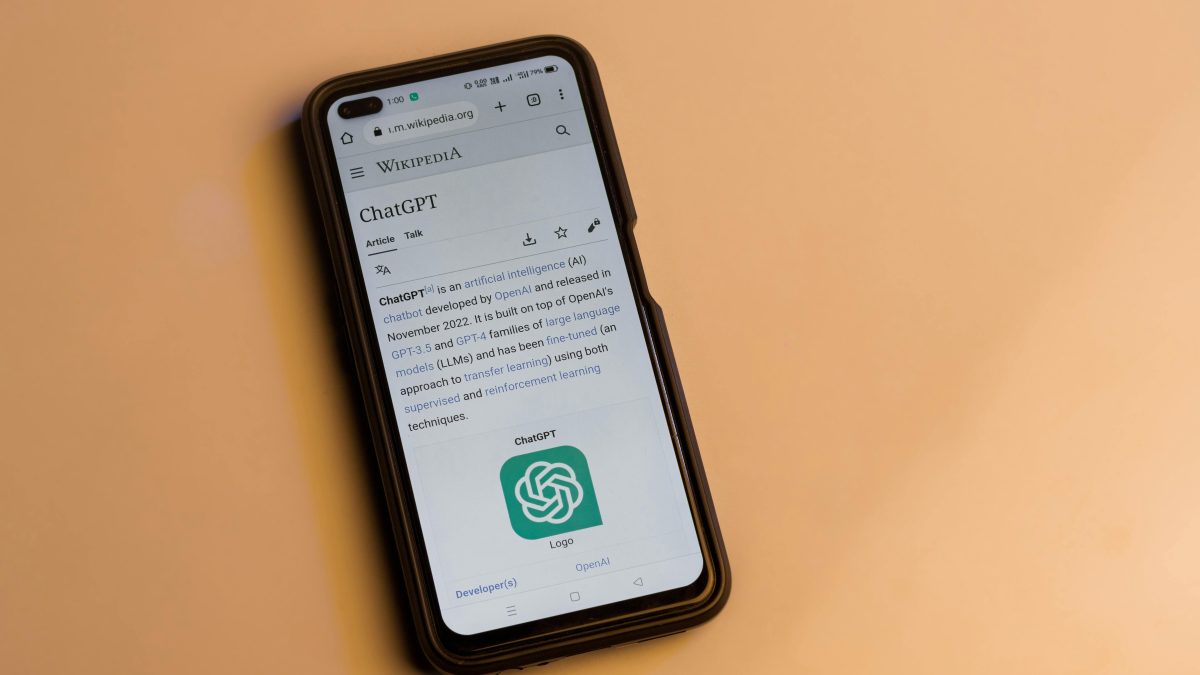He also commented on how difficult it often is—almost always—to use data on a massive scale to really get practical meaning out of it. Well, that’s food for another article.
I told him that yes, it’s incredible and, in my humble opinion, one of the most promising applications of AI today. Being able to detect diseases such as cancer or Alzheimer’s at an early stage, or even predict their onset, are milestones of incalculable value. Perhaps one day they will make us immortal, as Yuval Noah Harari says in Homo Deus. In the course of the conversation, we moved on to its use in schools and universities, as well as the dilemmas it raises.
The use of AI in teaching
Is it good for students to use it? Yes. No. It depends.
Humanity has already faced dilemmas of this kind with every major revolution in the past. The invention of the combustion engine helped people and goods to travel more quickly and conveniently, which was an unprecedented benefit and evolutionary improvement for humankind. It also had a dark side, such as increased mortality from traffic accidents. What determines whether we reap the benefits or suffer the potential harms? Its use. If it is used responsibly, it will bring benefits; if not, the opposite will be true.
Thinking about education and even any workplace, I see a significant threat: that we will become lazy. If a student has to do a history assignment for school and copies and pastes the first thing ChatGPT tells them, that student will have learned nothing and will therefore not have acquired the tools to use that knowledge when necessary. The same will happen to a surgeon who only knows how to operate with robots when they only have their hands and a scalpel (spoiler alert: this is already happening). That is why we have to use it consciously: it is a spectacular companion, but we are the owners of the results it produces. The final result is our responsibility, so we have to get involved in its use to understand how it generates results and how it works. We must not outsource knowledge. AI is our Sancho Panza and we are Don Quixote, so we are responsible for our adventures and for ‘righting our wrongs’.
May AI multiply us. If it makes us lazy, we are moving away from growth and good results. Besides, if you stick to the first thing it gives you, how do you differentiate yourself, what is your value?










